What if sipping a centuries-old tea could offer a gentle boost to your modern wellness journey?
For centuries, matcha (抹茶, matcha – powdered green tea) has been at the heart of Japanese culture, gracing traditional tea ceremonies and contemporary cafés. Today, beyond its rich umami flavor and calming rituals, matcha is gaining attention for a potential role in supporting weight loss and metabolic health. Let’s explore the science, history, and cultural richness behind this vibrant green elixir.
The Power Within: Active Compounds in Matcha
Matcha is made by finely stone-grinding high-quality green tea leaves (Camellia sinensis). This unique process preserves a concentration of bioactive compounds, including:
- Epigallocatechin-3-gallate (EGCG): A powerful antioxidant that may aid fat oxidation. Studies have linked EGCG to increased fat burning and reduced body fat, especially when combined with moderate exercise.
- Catechins and polyphenols: Plant compounds that combat free radicals and support thermogenesis, the process by which your body burns calories.
- L-theanine: An amino acid that promotes calm focus and may help moderate appetite and stress-related cravings.
- Caffeine: A natural stimulant that can increase caloric expenditure and enhance workout performance.
- Chlorophyll: Abundant in matcha, offering detoxifying properties.
These components work synergistically to create matcha’s unique health profile.
Matcha vs Other Teas: What Sets It Apart?
Compared to green tea, black tea, white tea, and herbal infusions, matcha stands out because you consume the whole leaf not just an infusion. This means greater intake of catechins, antioxidants, and fiber. Matcha contains significantly higher levels of EGCG and antioxidants than ordinary brewed green tea.
Matcha also offers a more sustained energy boost than coffee, thanks to L-theanine moderating the effects of caffeine. Studies suggest this combination may enhance fat oxidation and thermogenesis more effectively than brewed teas alone.

Matcha and Weight Loss: How It May Help
Scientific research suggests that matcha may support weight management through several mechanisms:
- Boosting metabolism: Catechins and EGCG can increase energy expenditure. Some studies show that matcha consumption can raise your body’s thermogenesis from about 10% to as much as 43% after meals or exercise.
- Enhancing fat burning: Matcha may promote the conversion of white fat to metabolically active brown fat. Clinical studies have observed reductions in body fat and waist circumference with regular intake.
- Supporting the gut microbiome: Dietary fiber in matcha may nourish beneficial gut bacteria, aiding weight management.
- Moderating appetite: L-theanine’s calming effects may reduce stress-related cravings.
While not a miracle solution, matcha can contribute to healthy weight management when paired with a balanced lifestyle. Drinking it before exercise may further enhance fat burning.
Can Matcha Help Target Belly Fat?
Emerging research suggests matcha may be effective in reducing abdominal fat. Clinical trials show that participants consuming matcha or green tea extracts experienced greater waist circumference reductions than those given a placebo. Individual results vary, but matcha can support a slimmer waistline when integrated into a healthy lifestyle.
Beyond Weight: Other Health Benefits
- Brain function: L-theanine and caffeine may enhance focus and cognitive performance.
- Heart health: Catechins may help support healthy cholesterol and blood pressure.
- Liver protection: Antioxidants combat oxidative stress.
- Stress reduction: The mindful ritual of preparing and sipping matcha fosters relaxation.
Enjoy with Care: Potential Side Effects
As with any potent food, moderation matters. Excessive intake may lead to caffeine-related effects (elevated heart rate, jitteriness), blood sugar swings, or contaminants in low-grade matcha. Rarely, high catechin doses may affect liver health. Choose ceremonial grade organic matcha from reputable sources and limit to 2–3 cups per day unless a healthcare provider advises.
Who should use caution? Those who are caffeine-sensitive, pregnant, breastfeeding, or managing medical conditions should consult a healthcare professional first.
How Much Matcha is Right?
For wellness and weight support, 1–2 cups per day is ideal, offering about 500–700 mg of catechins. Drink matcha in the morning or ~1 hour before physical activity to maximize its energizing and fat-burning effects.
Preparing Matcha: Tips for Every Taste
- Traditional whisking: Use a chawan (matcha bowl) and chasen (bamboo whisk) for a frothy, meditative cup.
- Matcha latte: Blend with oat or almond milk for a creamy, modern twist.
- Smoothies: Add to smoothies for a vibrant green energy boost.
- Culinary uses: Incorporate into baked goods or savory recipes.
Choosing Quality Matcha
Look for ceremonial grade matcha with a vibrant emerald green hue and silky texture. Premium stone-ground matcha delivers the most antioxidants and the smoothest flavor. Avoid dull-colored or overly bitter matcha, which may have fewer health benefits.
Embracing the Journey
Developing a taste for matcha is a gentle, rewarding process. Start with smaller servings, pair with complementary flavors like roasted nuts or dark chocolate, and savor its grassy-sweet depth.
Frequently Asked Questions
Does matcha have caffeine?
Yes. Matcha contains moderate caffeine, more than brewed green tea but less than coffee. L-theanine helps balance its effects for calm, sustained energy.
How soon can I see weight loss results?
Results vary, but some studies suggest daily matcha combined with healthy habits may show changes in 8–12 weeks.
Can I drink matcha if I have diabetes?
Matcha is naturally low in sugar and may improve insulin sensitivity, but consult your healthcare provider for personalized advice.
Is matcha a substitute for diet and exercise?
No. Matcha supports a healthy lifestyle but is most effective with balanced nutrition and regular activity.
Whether you're sipping matcha for wellness, weight support, or cultural appreciation, each bowl bridges centuries of Japanese tradition and your modern lifestyle. Why not whisk up your next cup today?


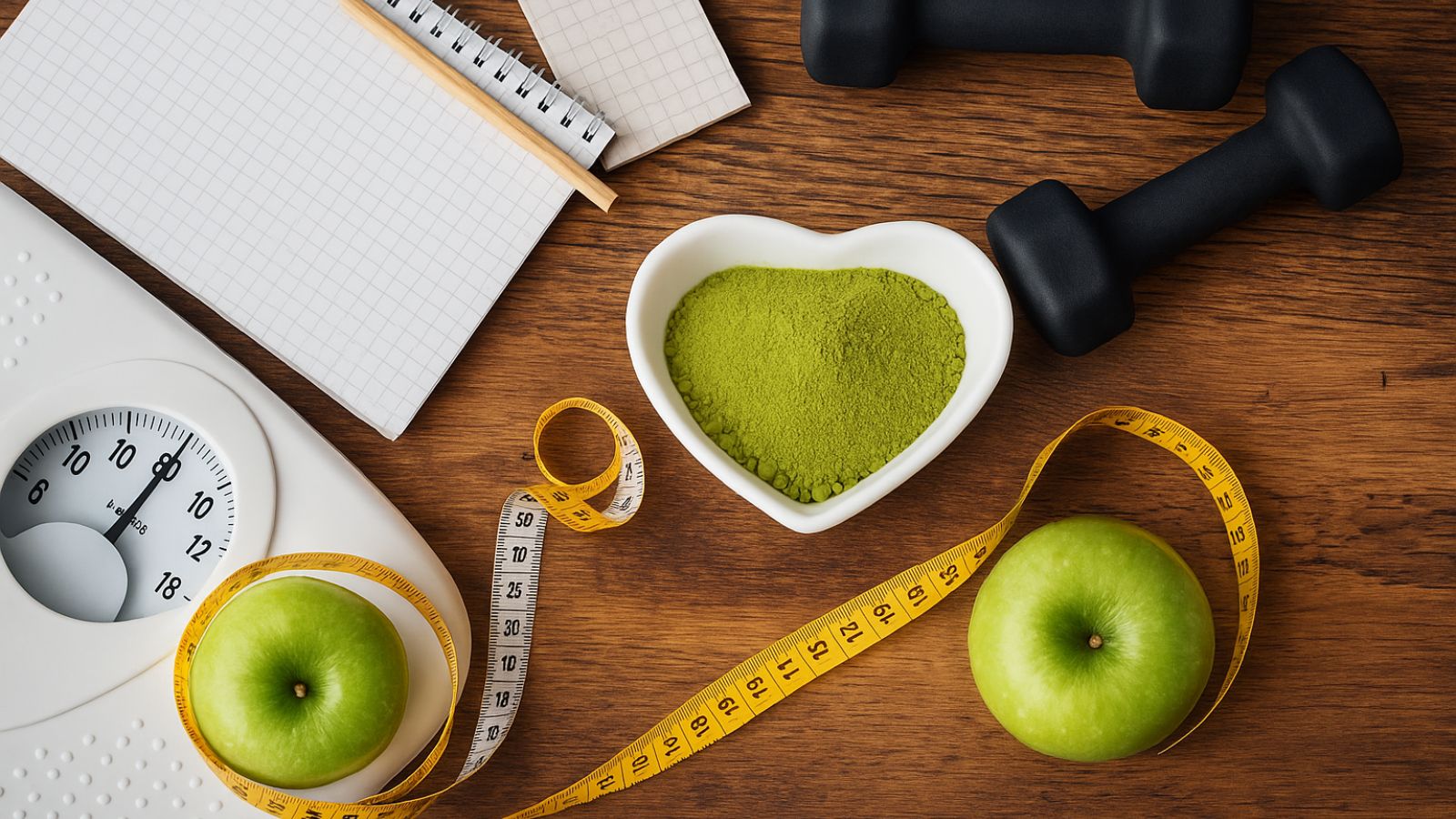



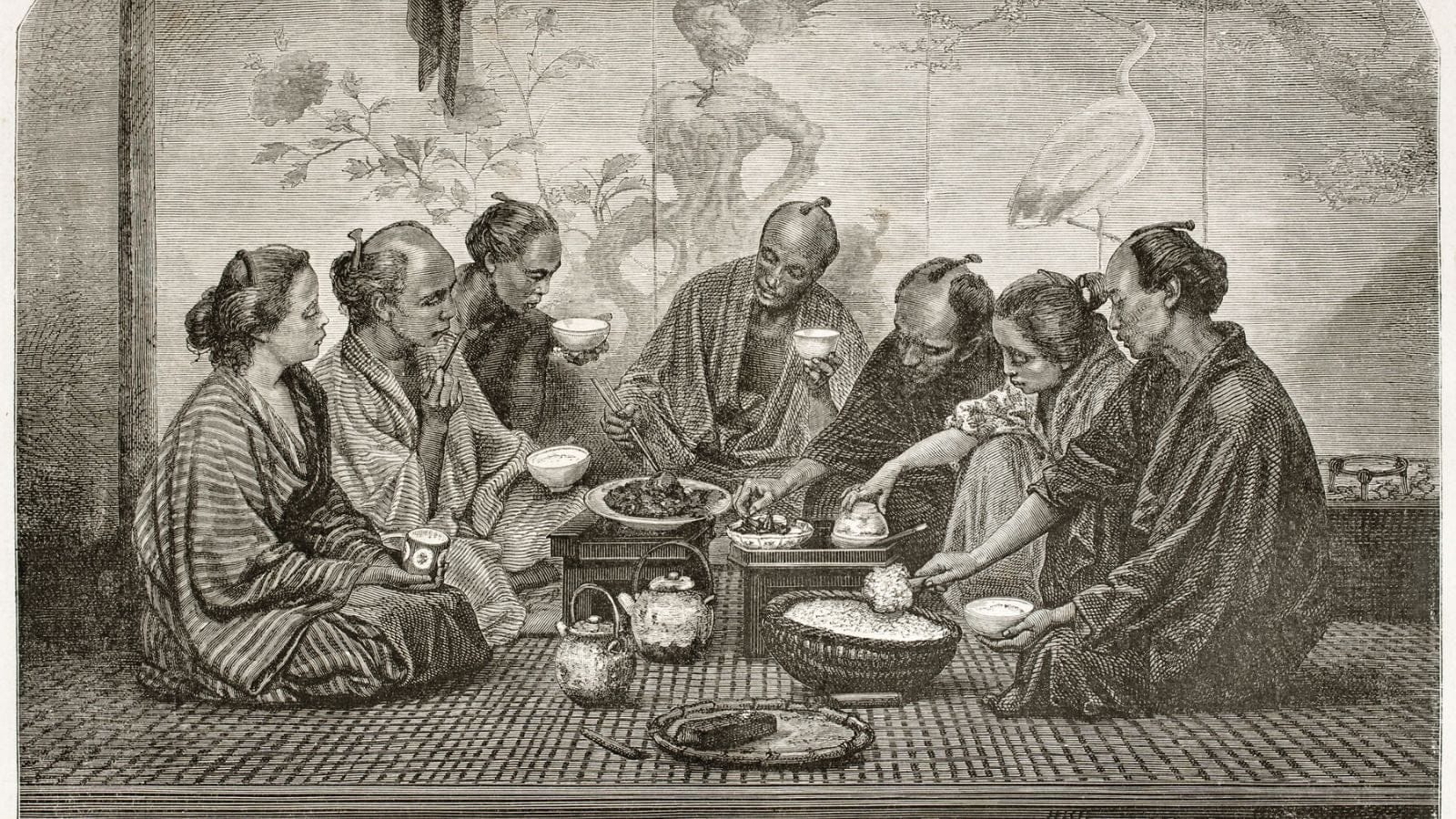

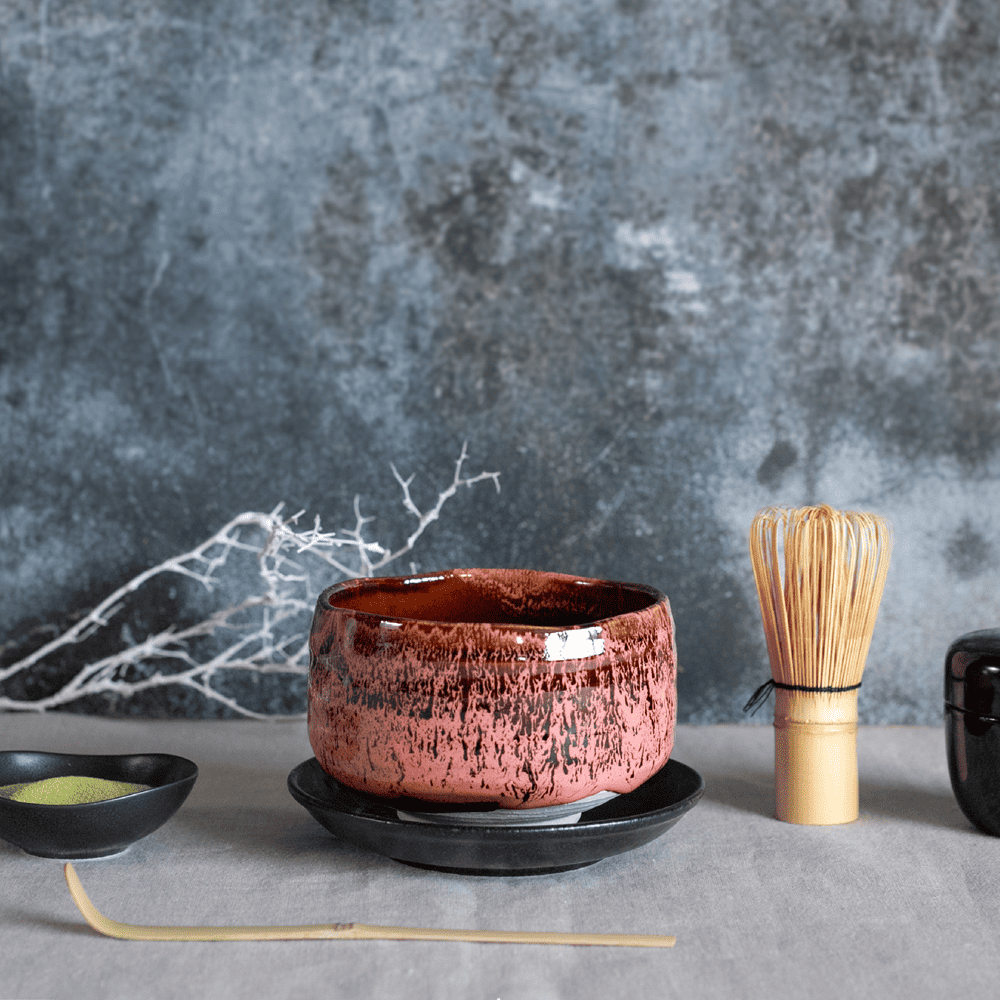
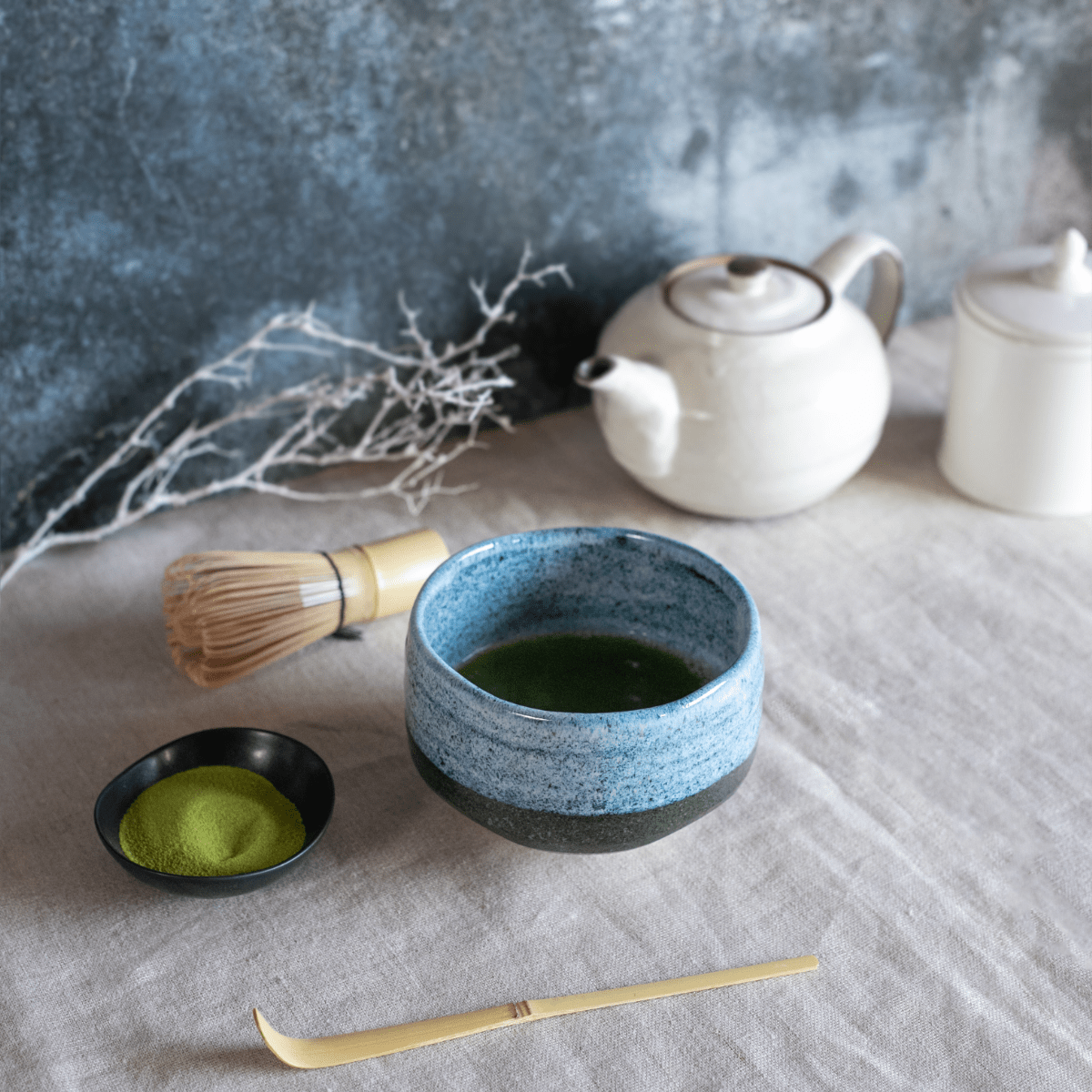
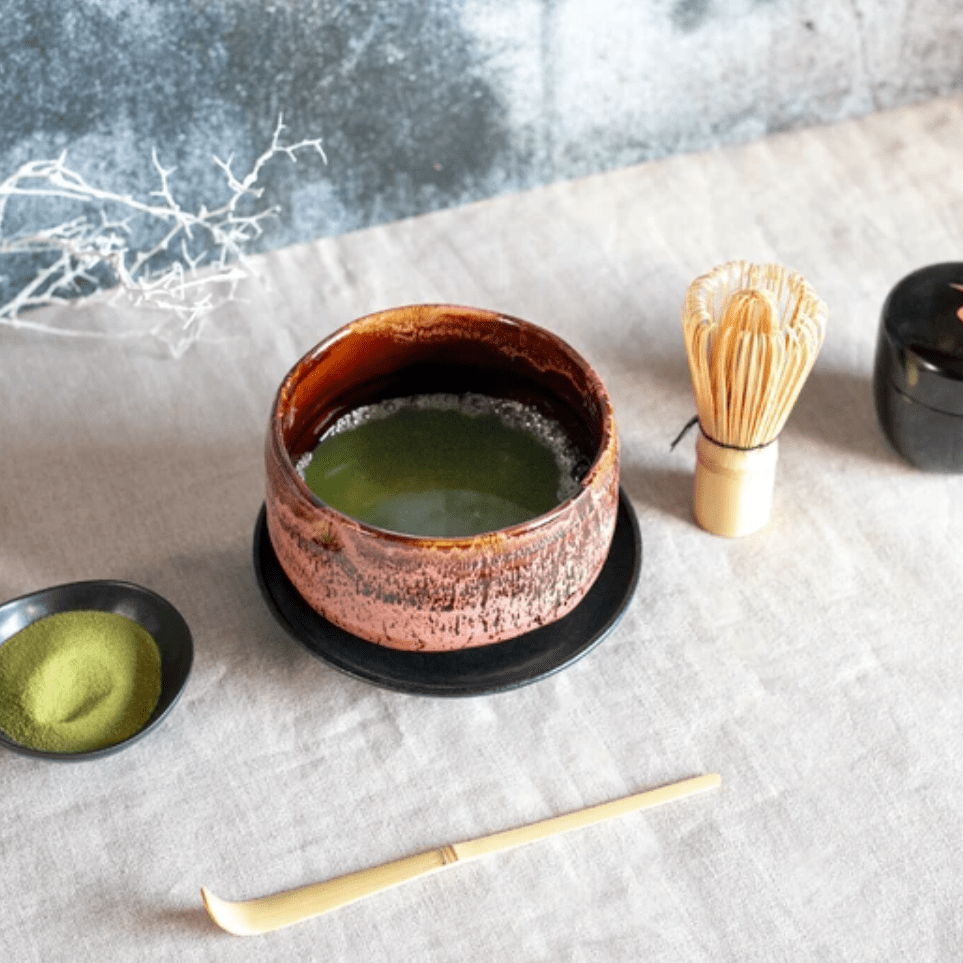
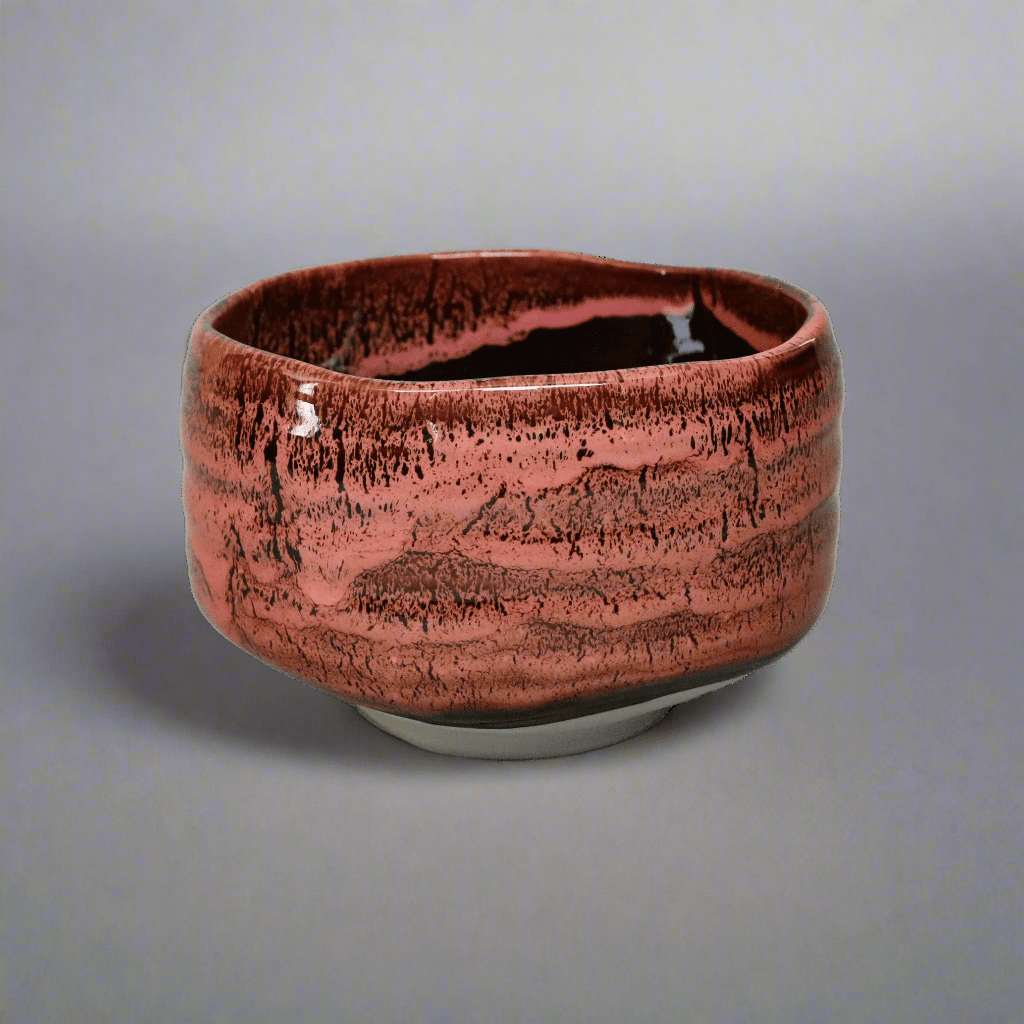
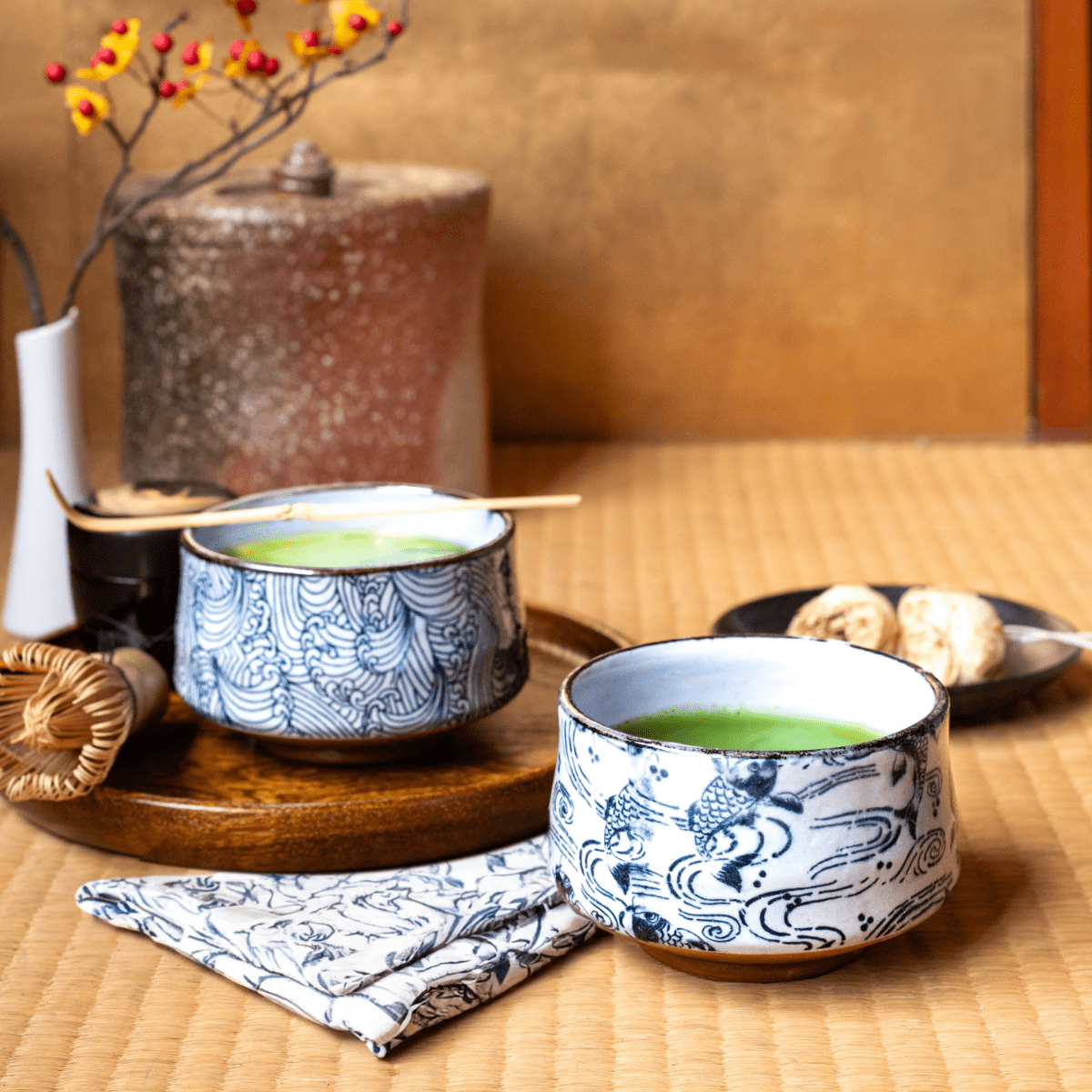
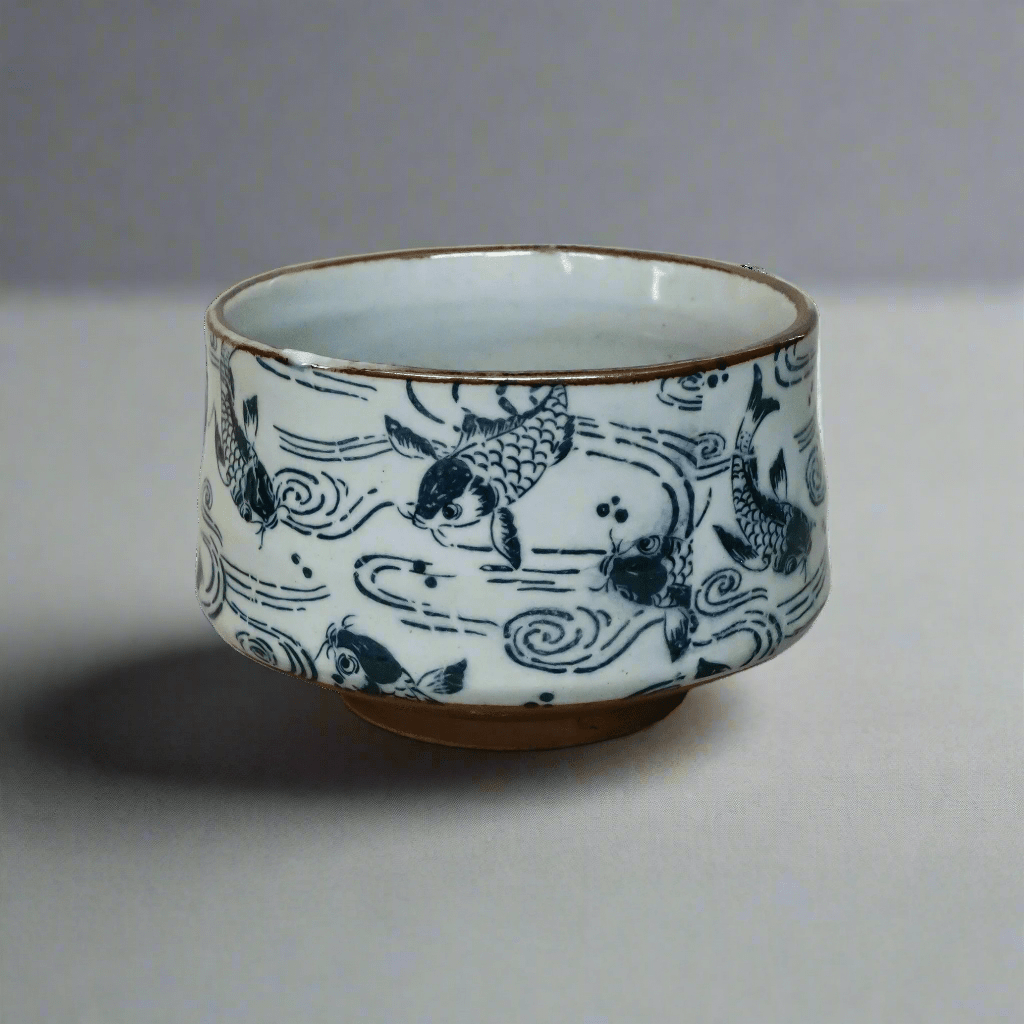
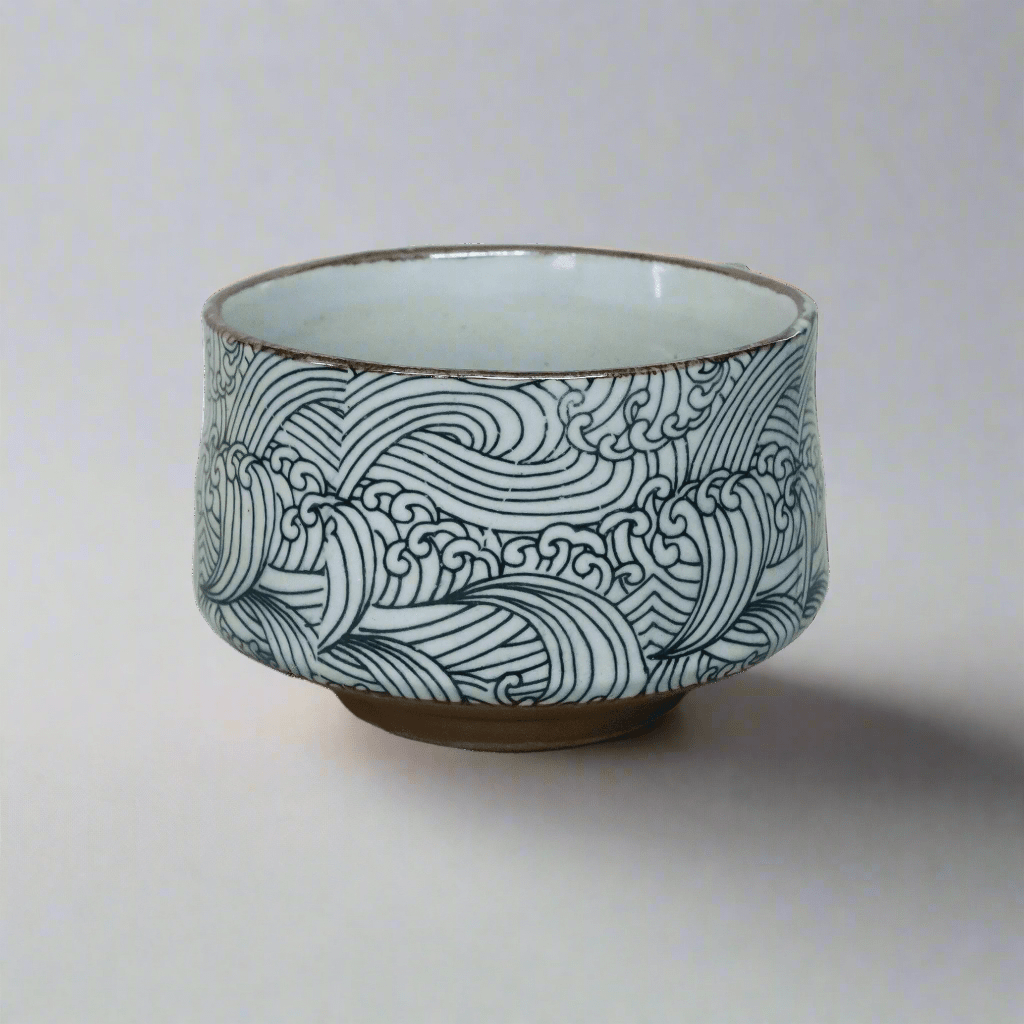
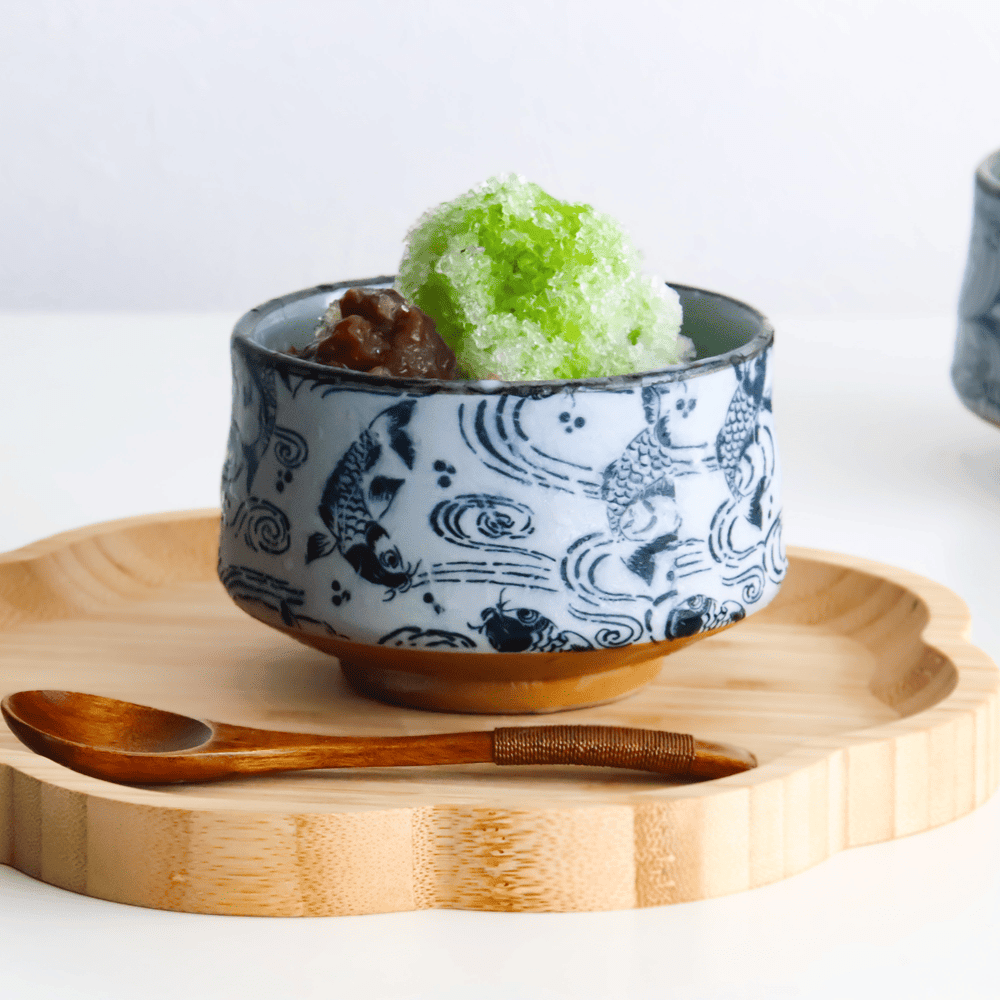
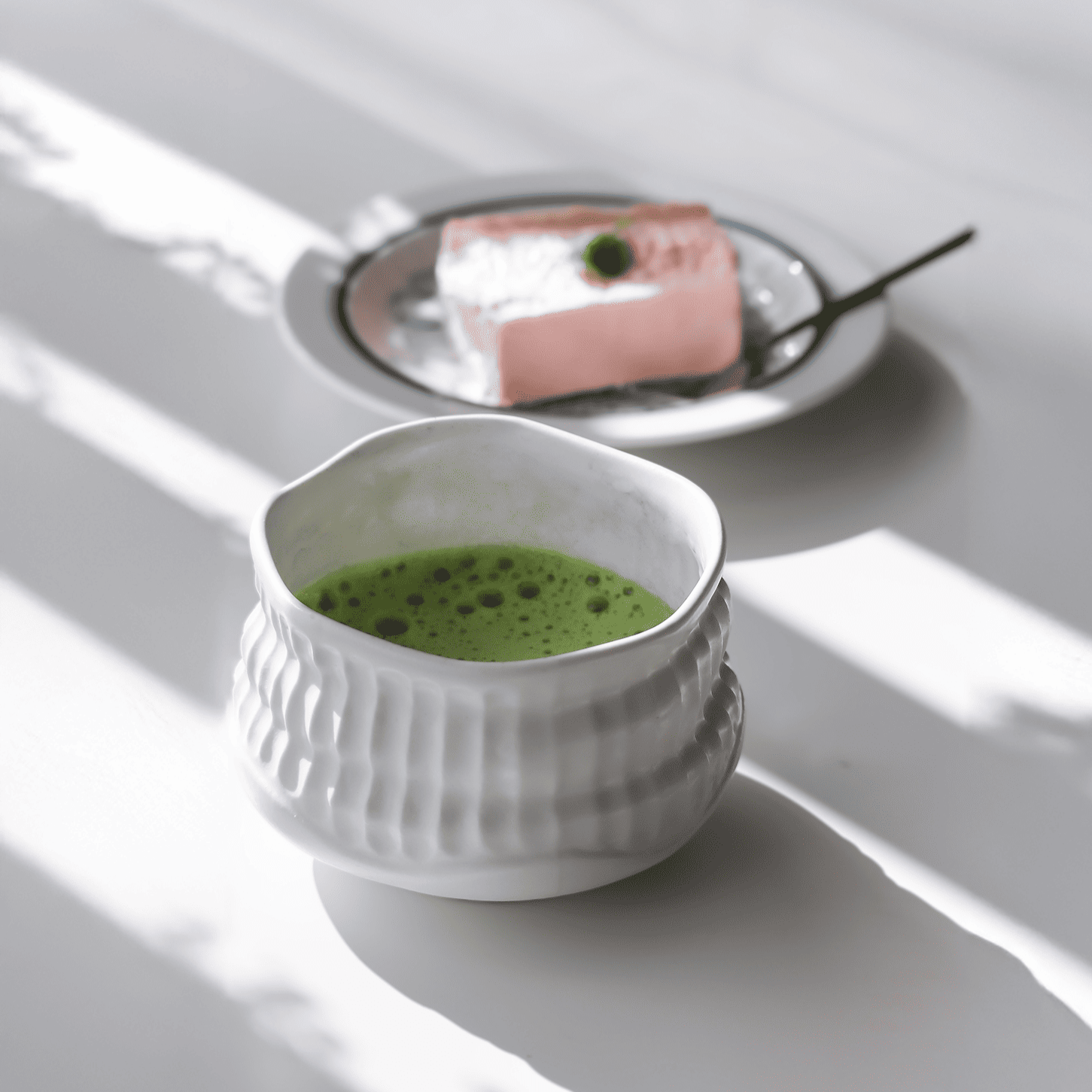
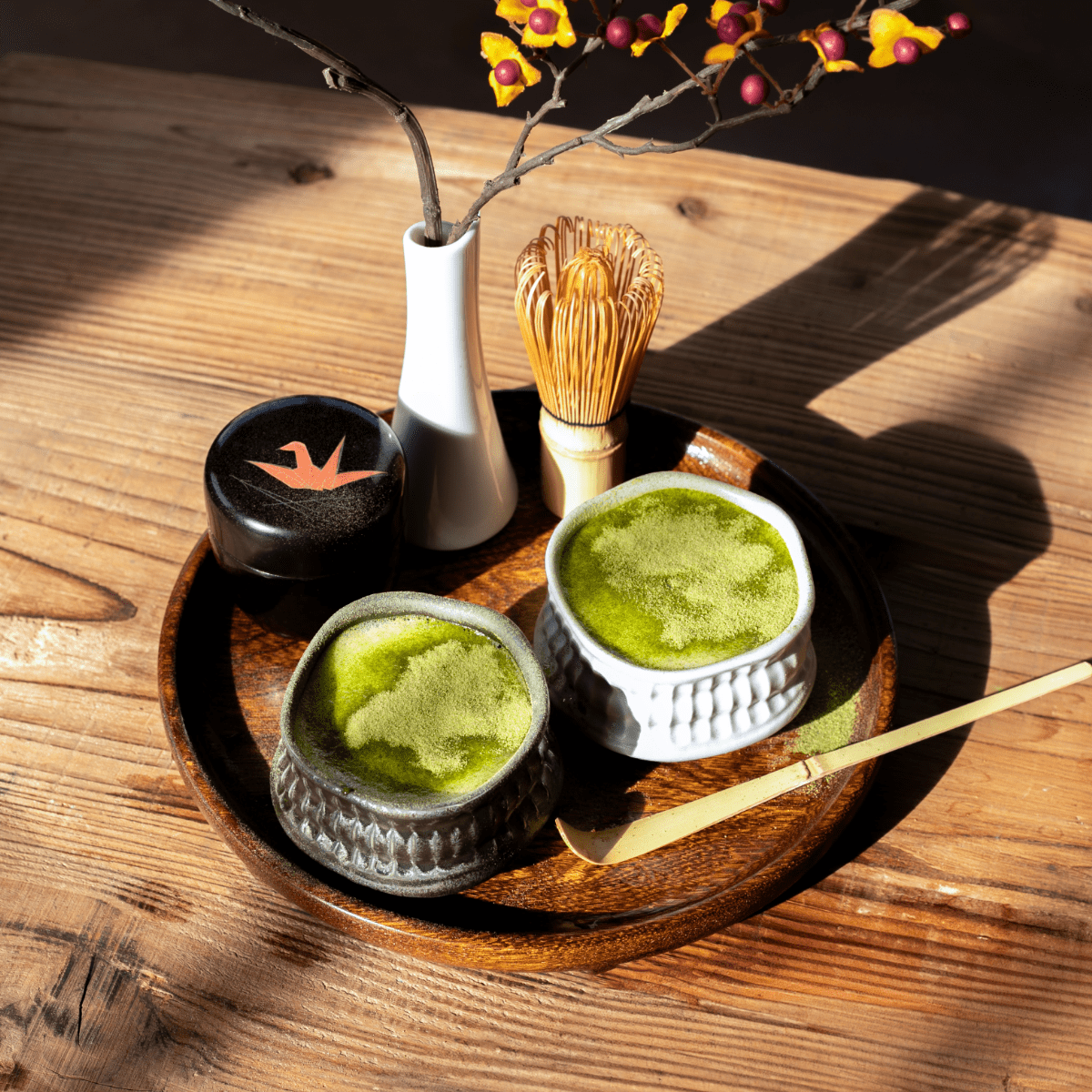
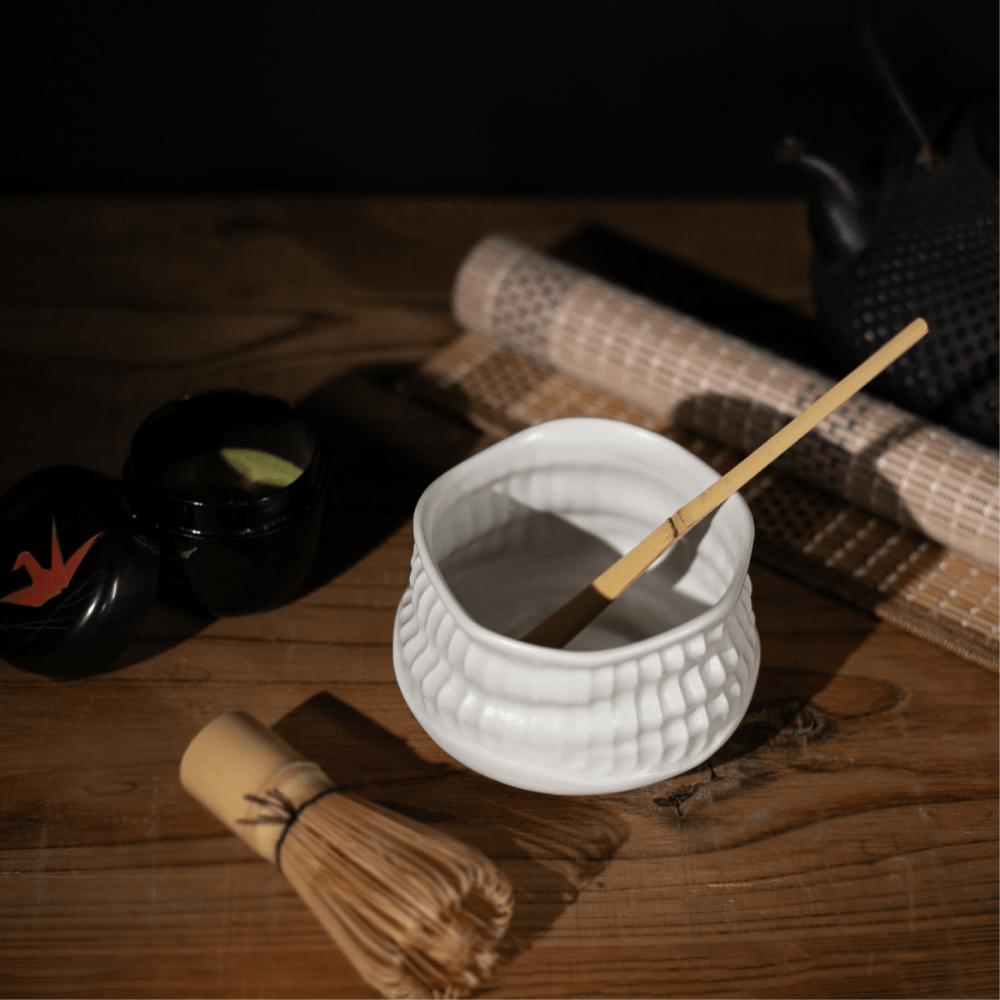
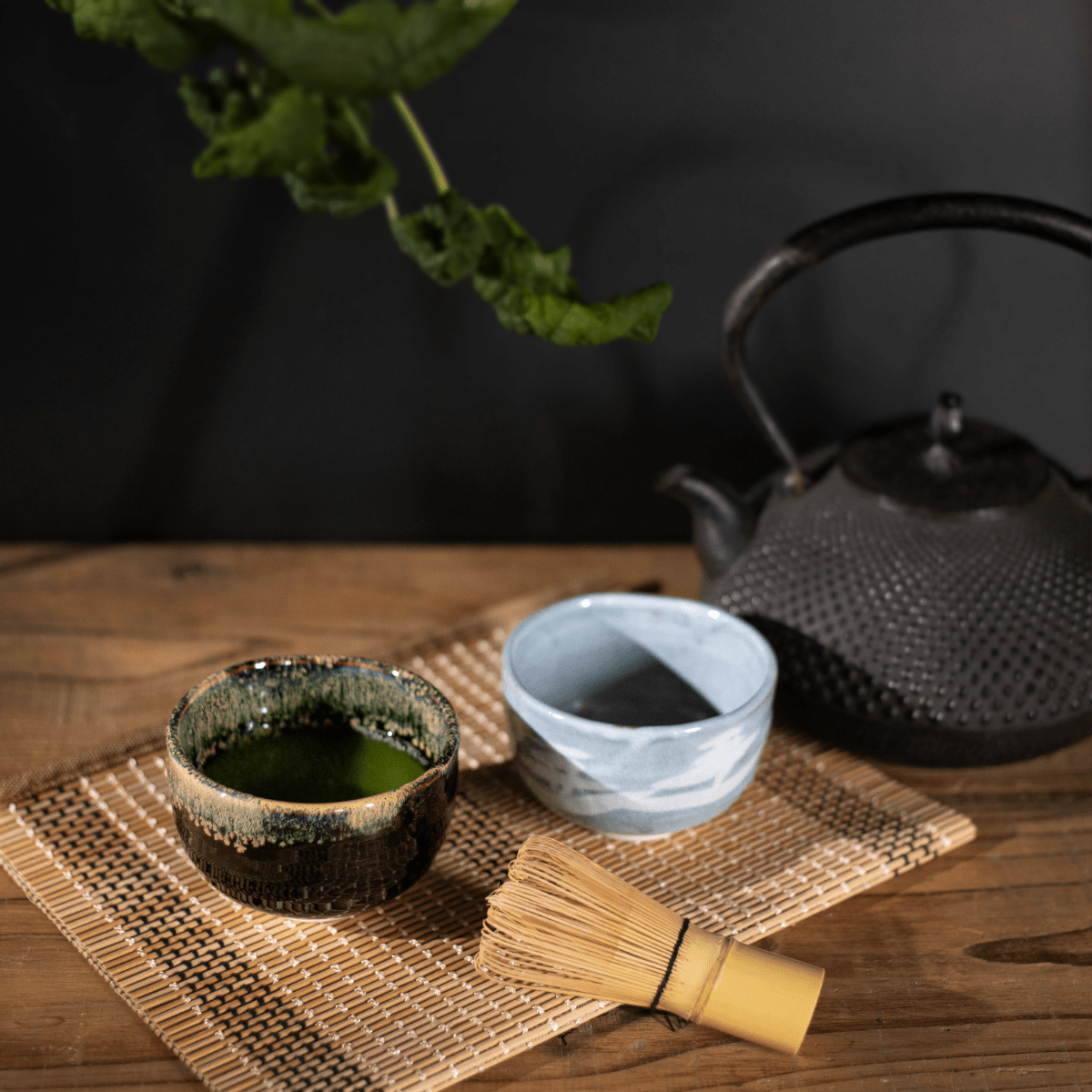
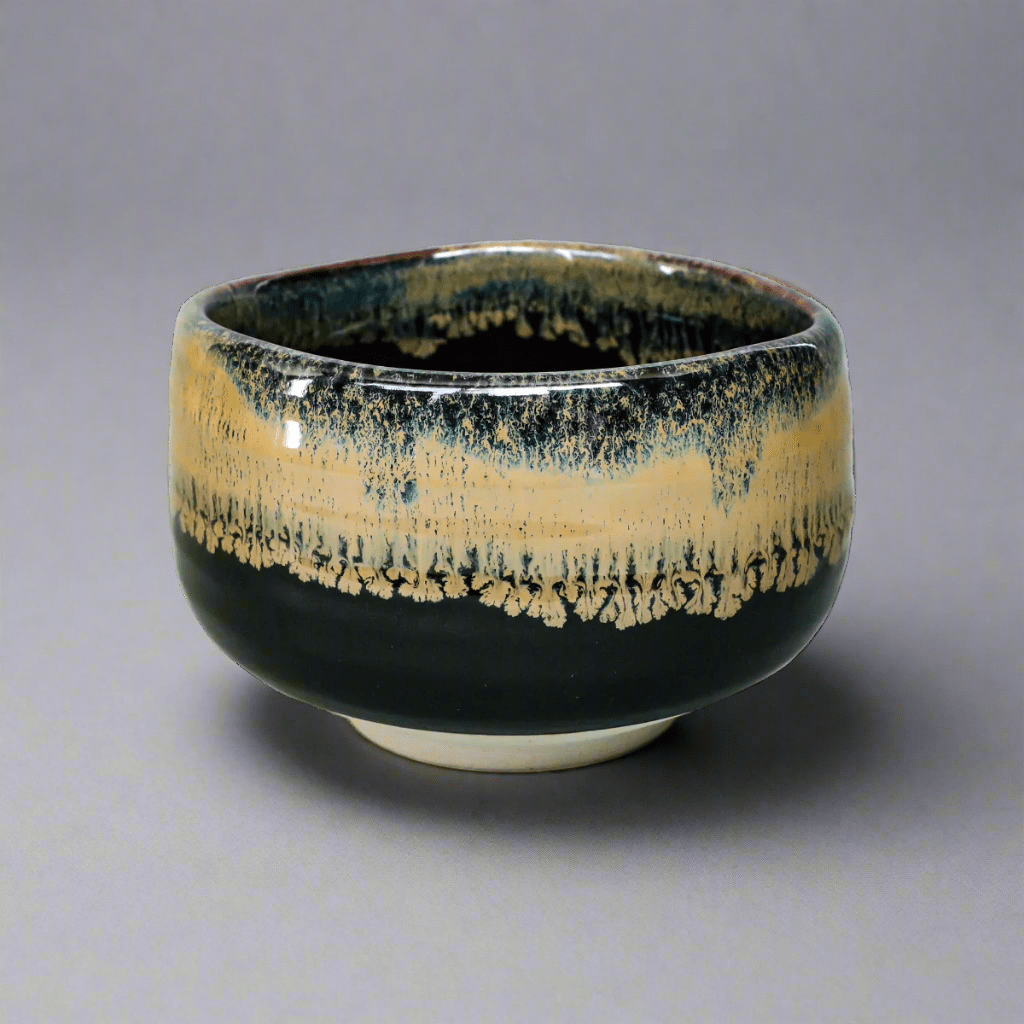
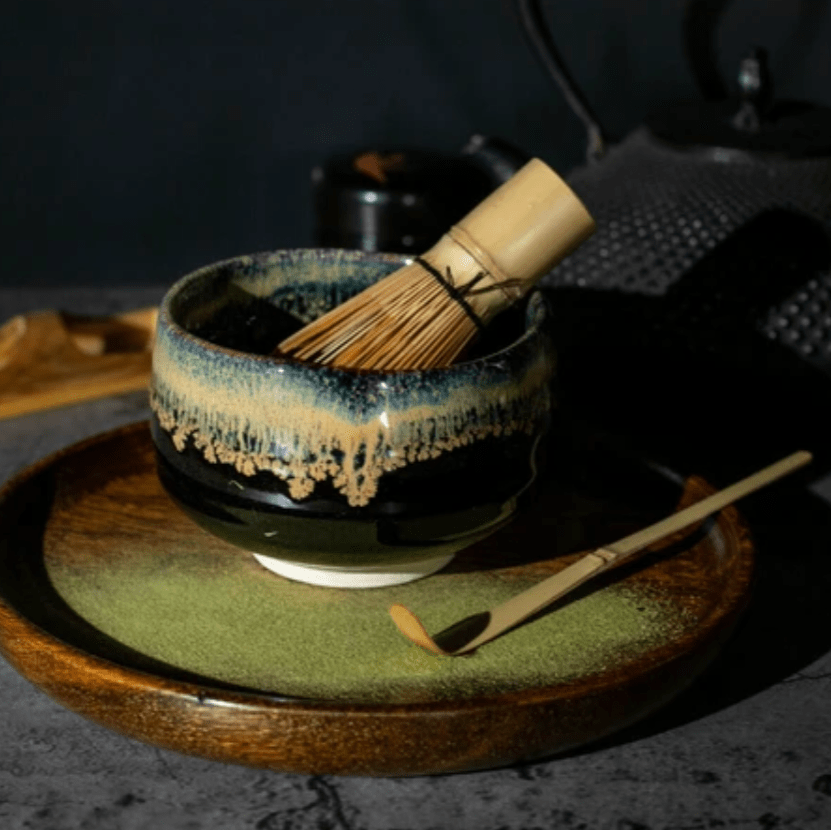
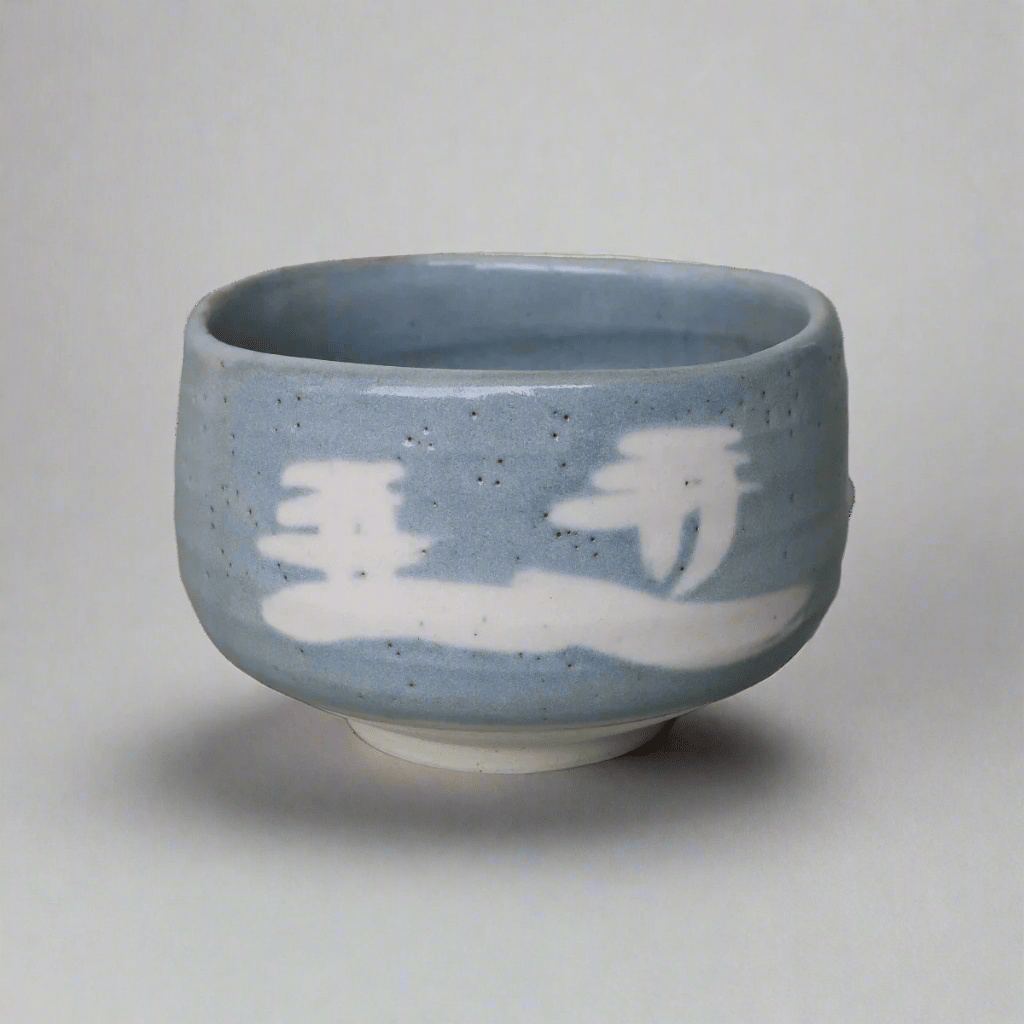
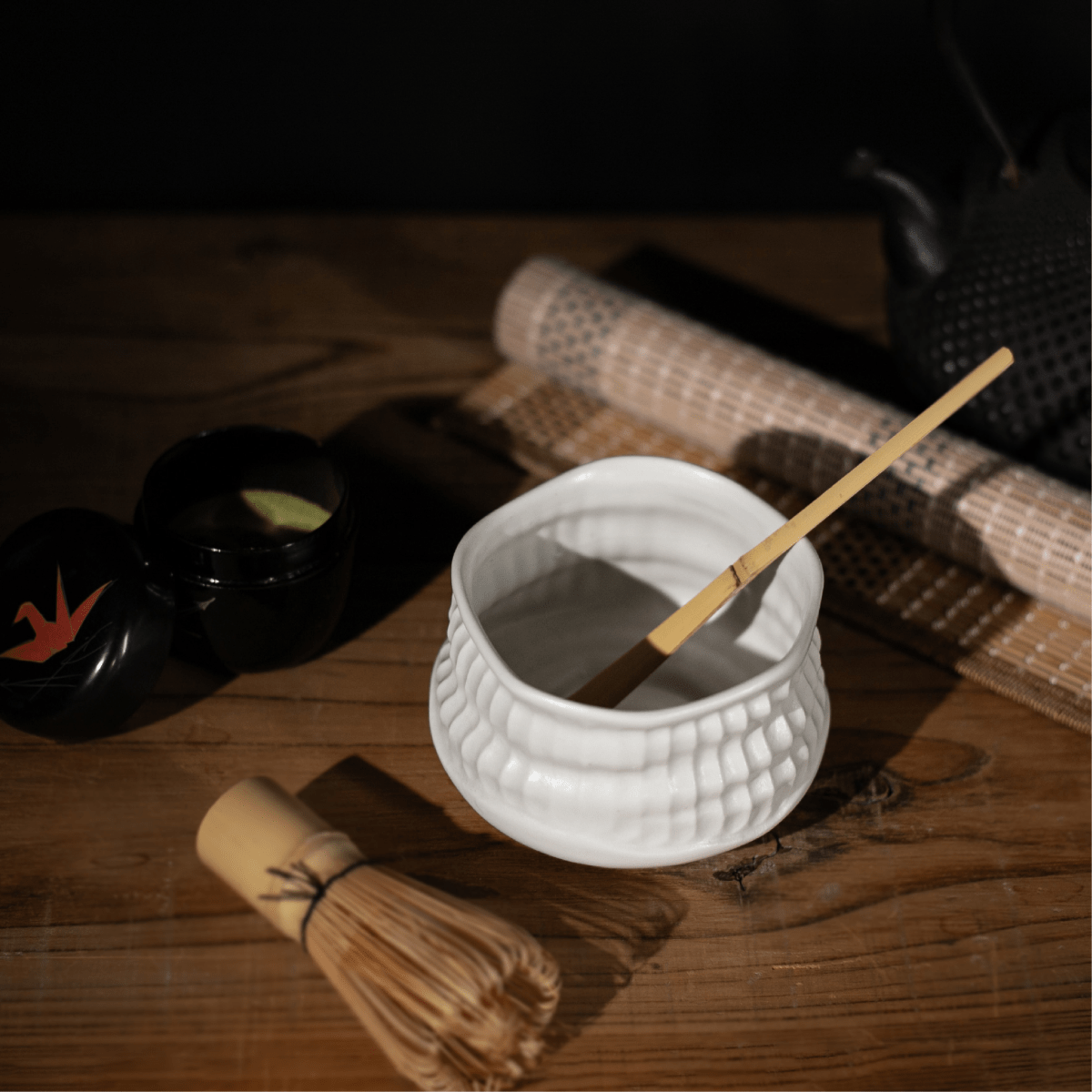
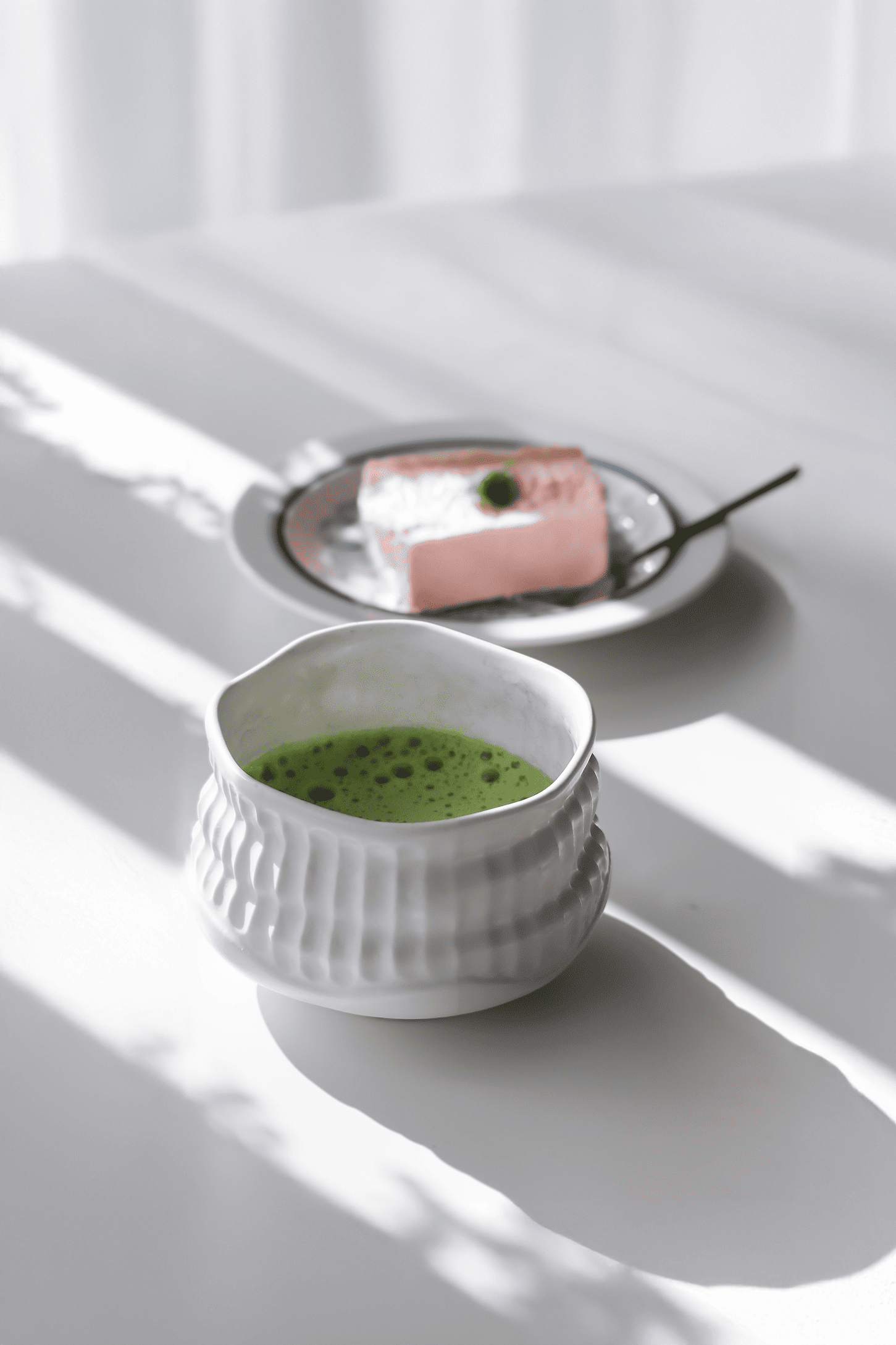
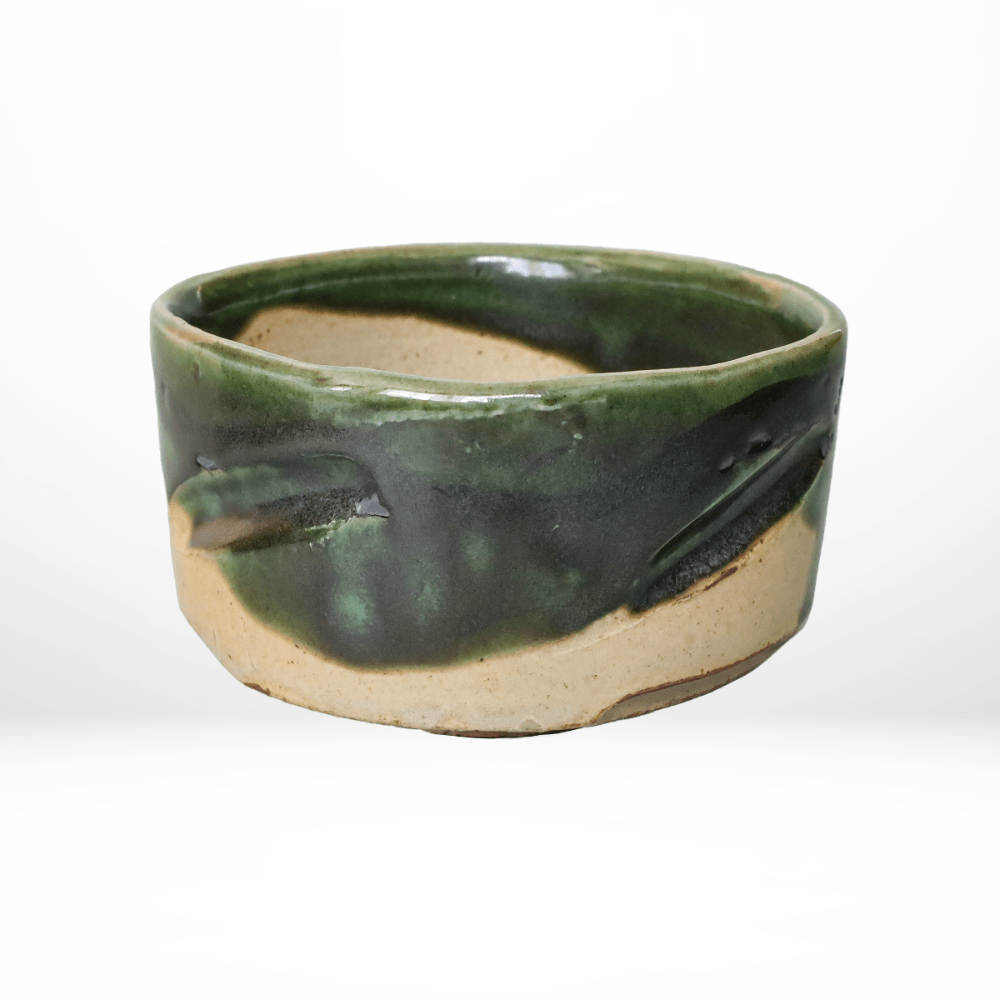
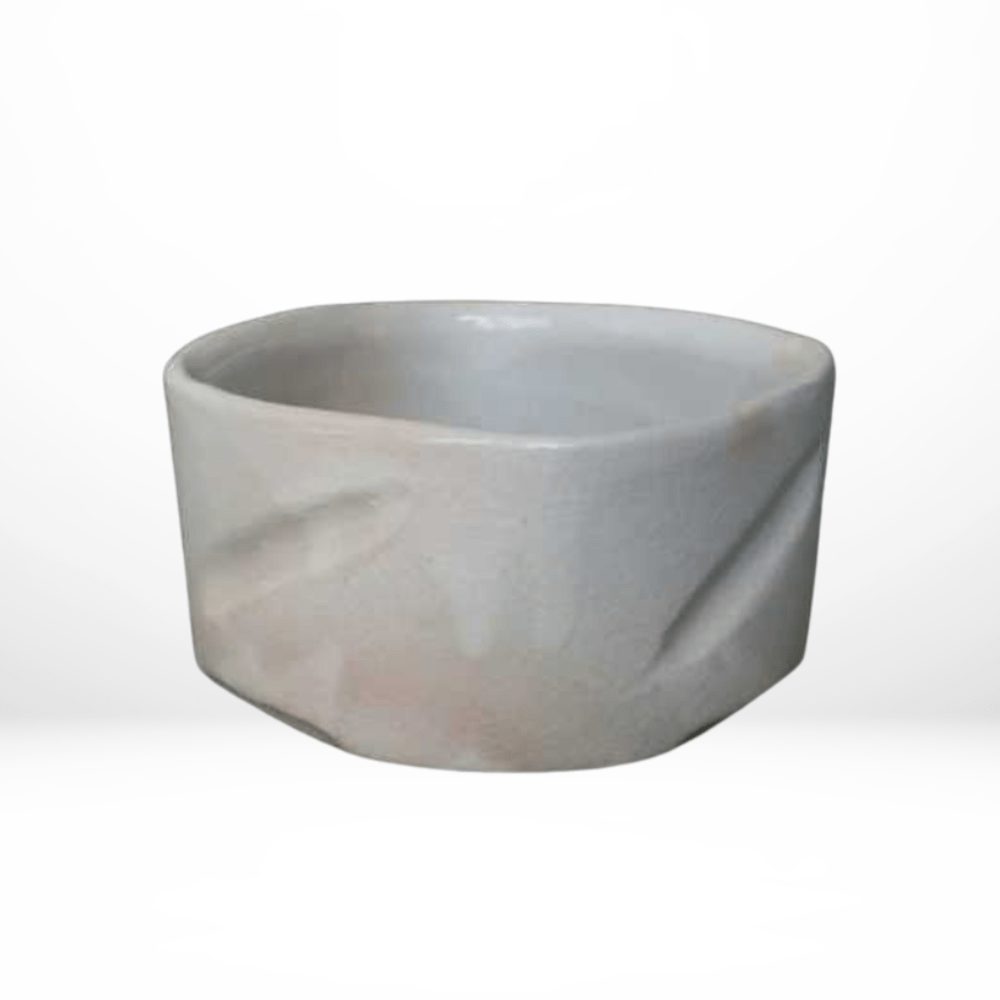
Share: